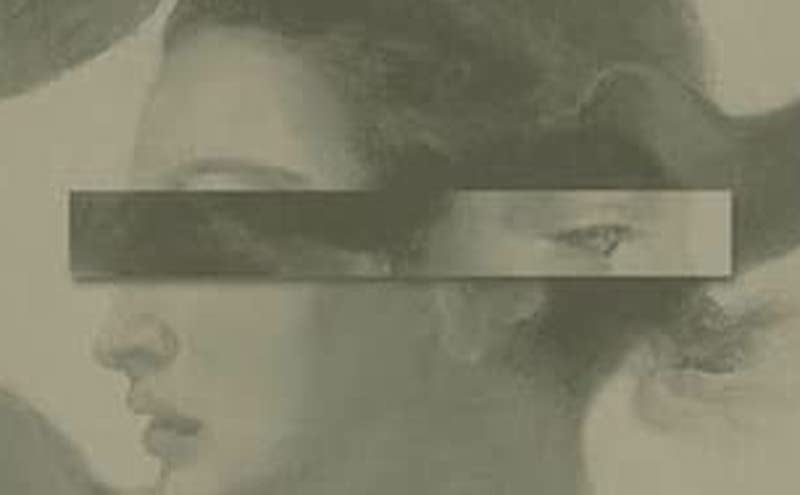So I first heard mention of John Gray on a recent episode of Rebuilders. Then I mentioned it in our writers’ Slack and found out that a few folks in there were already big fans of Gray’s work while another had just picked one of his books up the other day. So hopefully we’re going to start having some more discussion of Gray’s work around here. We’ll see. Here’s the passage, which comes very early in The Two Faces of Liberalism that I think is so vital for understanding where we are right now:
Login to read more
Sign in or create a free account to access Subscriber-only content.
Topics:
